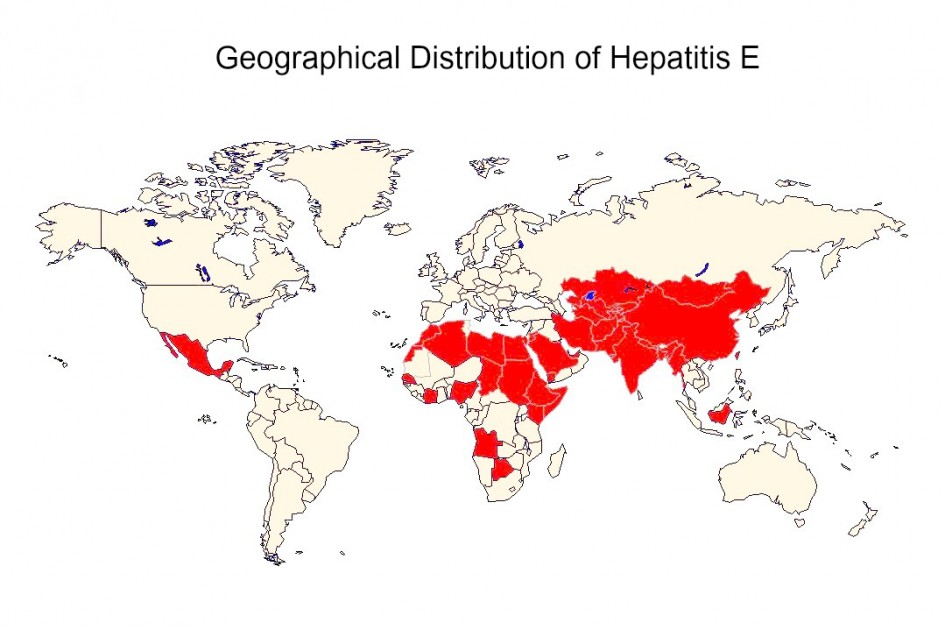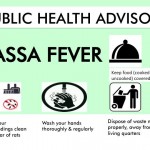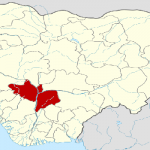Warning: Illegal string offset 'source_type' in /home/mychutej/public_html/blog/wp-content/plugins/egany-facebook-to-wp/egany_facebook_to_wordpress.php on line 1099
States are advised to create increased awareness on Hepatitis E infection in their communities and implement preventive measures
Hepatitis E is a viral infection of the liver with an incubation period that ranges from 2 to 8 weeks. It is transmitted via the faeco-oral route, through faecal contamination of food and water supplies. Poor environmental hygiene practices have been associated with the disease.
The last four weeks marked an outbreak of Hepatitis E in Borno State. Most often, outbreaks occur after heavy rainfalls which usually cause a disruption of public water supplies.
Related Article: Is your area flooded? How to #staysafe
Between 17th and 23rd July, a total of 562 suspected cases have been reported in 10 Local Government Areas (LGAs) in the State; Ngala, Mobbar, Munguno, Chibok, Askira Uba, Bayo, Dikwa, Gubio, Mafa and Maiduguri. 84% of cases were reported from Ngala LGA.
A total of 252 samples were collected for laboratory testing, of which 64 have been tested. 42 (64%) of samples tested came out positive. Six deaths in unconfirmed cases have been reported, giving a Case Fatality Rate (CFR) of 1.1%.
People living in refugee camps or temporary overcrowded houses after natural disasters are at risk of Hepatitis E infection.
In addition, pregnant women are a susceptible population for Hepatitis E infection, particularly in their third trimester, causing a severe form of the disease and leading to liver failure. In addition,
Signs and symptoms are usually;
- non-specific-mild fever
- reduced appetite
- nausea and vomiting
- jaundice
- abdominal pain
- fatigue
- skin itching
- joint pains
- dark urine and clay coloured stool.
Case detection requires a high index of suspicion. Surveillance for Hepatitis E infection can be done in line with Hepatitis A infection as clinical manifestation of both disease conditions are similar.
Prevention and Control Measures for Hepatitis E infection should be geared towards providing safe and clean water supply, ensuring food hygiene practices and improvement of environmental hygiene practices.
- Clean Water Supply
- Institute and maintain quality standards for public water supplies
- Boil Drinking water
- Water Chlorination
- Avoid consumption of water and/ice of unknown origin and purity
- Food Hygiene Practices
- Wash your hands frequently with clean water and soap, particularly before handling food
- Ensure sanitary food preparation and preservation practices
- Clean food preparation areas and kitchen utensils with soap and safe water and dry completely before reuse
- Environmental Hygiene Practices
- Good sanitation practices in living areas
- Proper waste disposal systems, particularly for faecal waste
- Clear drainages and all bodies of stagnant water
The Nigeria Centre for Disease Control (NCDC) has been working with the Borno State Government, the World Health Organisation, and other partners to support the response to the Hepatitis E outbreak.
It is important that ongoing control measures and strategies are sustained in the State even after the outbreak, given the peculiarity of the region.
States are advised to create increased awareness on Hepatitis E infection in their communities and implement preventive measures, in view of the heavy rainfalls recorded recently in the country.
Source: The Nigeria Centre for Disease Control (NCDC)













Leave a Reply